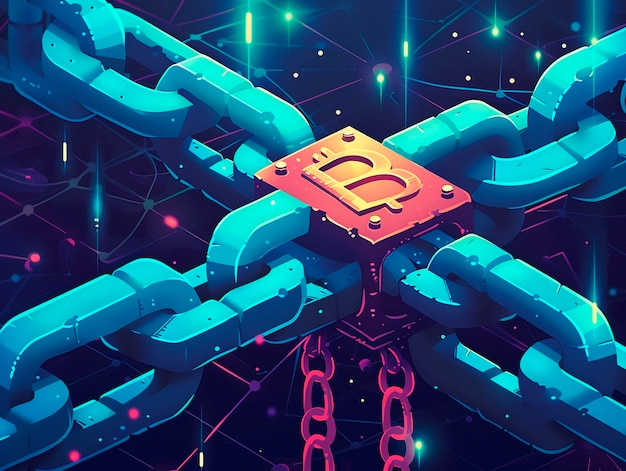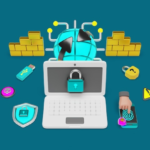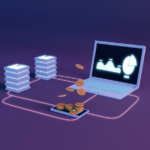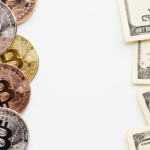
Zero-Knowledge Proofs (ZKPs) are making waves across the blockchain and cryptography industries, offering enhanced privacy and faster transaction speeds. Once considered an obscure concept, ZKPs have now entered the mainstream, gaining traction with developers, businesses, and regulators.
By allowing one party to prove to another that a statement is true, without revealing the underlying data, ZKPs offer a significant leap forward in how sensitive information is handled on digital platforms.
The widespread adoption of ZKPs is poised to redefine online privacy, especially in sectors such as finance, healthcare, and digital identity. With growing concerns over data security and privacy breaches, these cryptographic protocols are becoming more critical in ensuring secure, fast, and privacy-preserving transactions across decentralized systems.
What Are Zero-Knowledge Proofs?
Zero-Knowledge Proofs are a form of cryptographic method that enables one party (the prover) to convince another party (the verifier) that a statement is true, without revealing any specific details about the statement itself. For example, a user can prove they are over 18 without revealing their exact age, or a transaction can be validated without disclosing the amount.
ZKPs offer a solution to a critical challenge in data privacy: how to authenticate transactions and verify information without exposing sensitive data. The two most common types of ZKPs used in blockchain are zk-SNARKs (Zero-Knowledge Succinct Non-Interactive Arguments of Knowledge) and zk-STARKs (Zero-Knowledge Scalable Transparent Arguments of Knowledge).
While zk-SNARKs are widely deployed in many blockchains, zk-STARKs are gaining popularity due to their scalability and resistance to quantum computing threats.
Why ZKPs Are Gaining Popularity
Blockchain technology, while revolutionary, has been criticized for its transparency, meaning all transaction details are publicly available on the ledger. This transparency, while useful for trust, can compromise privacy. ZKPs offer a way to keep blockchain’s decentralized, secure nature while enabling privacy for the user.
Ethereum’s transition to Layer 2 scaling solutions like Optimistic Rollups and zk-Rollups is a prime example of how ZKPs are improving both privacy and speed in blockchain networks. By using zk-Rollups, Ethereum can process transactions off-chain and then use ZKPs to validate these transactions, greatly enhancing scalability while maintaining the network’s security and privacy.
Explore Smarter Blockchain Opportunities with Kenson Investments
Kenson Investments is at the forefront of tracking the evolution of blockchain technologies, including privacy-centric solutions like zero-knowledge proofs.
We offer educational insights and digital asset strategies tailored for those seeking to stay ahead of the innovation curve.
Connect with a digital asset management consultant right away to learn how the next wave of cryptographic tech could reshape digital finance.
Disclaimer: The information provided on this page is for educational and informational purposes only and should not be construed as financial advice. Crypto currency assets involve inherent risks, and past performance is not indicative of future results. Always conduct thorough research and consult with a qualified financial advisor before making investment decisions.
“The crypto currency and digital asset space is an emerging asset class that has not yet been regulated by the SEC and US Federal Government. None of the information provided by Kenson LLC should be considered as financial investment advice. Please consult your Registered Financial Advisor for guidance. Kenson LLC does not offer any products regulated by the SEC including, equities, registered securities, ETFs, stocks, bonds, or equivalents”














